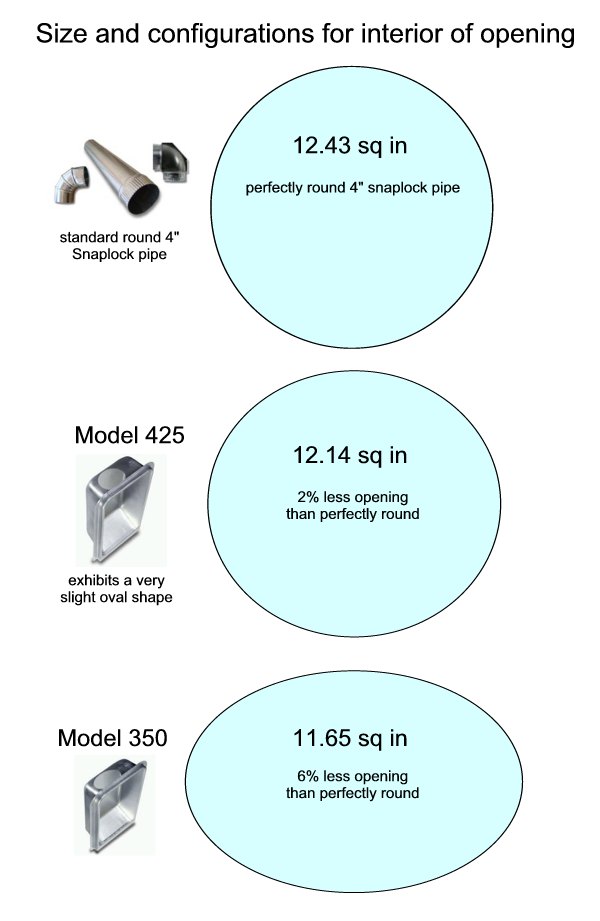Drill a test hole in the center of the marked circle.
Dryer vents setup attic.
For medium snowfall zones and or higher profile roof tiles select the larger model 486 which is as efficient but taller.
When installing a dryer vent for laundry centers in basement locations keep in mind that the vent hood on the exterior of your home must be at least 12 inches from the ground.
Doing so would fill your attic with warm moist air that could rot the framing.
Terminating the shorter duct run with a dryerjack helps venting through the roof deliver on the promise this shorter route offers.
Start by disconnecting the dryer vent from the vent hood stub pipe.
Then go outside and remove any siding trim pieces from around the vent hood.
Be careful you don t cut through any studs electrical wires or pipes in the process.
Use a section of vent pipe to mark a circle where the opening will be from inside of your home.
Not all dryers will allow for this so be sure to check the owners manual to ensure it can be vented in this manner.
Next remove the vent hood retaining screws and pull the vent hood and stub pipe out of the wall.
Vent the dryer duct to outside.
If venting outside isn t an option you can vent the dryer out of the attic through the roof using a special roof vent to keep rain out.
If your laundry room has access to an outside wall cut a hole and install a standard dryer vent.
Do not vent the clothes dryer indoors nor into an attic crawl space or other enclosed area.
Our photo above shows a dryer vent spilling directly below the building first floor into a soaking wet crawl space.
Disconnect the hood from the stub pipe and toss the hood.
A dryer vent should be vented outside.
Clothes dryer exhaust vents should be directed to the building exterior.
The international residential code allows you to run a dryer vent through the attic but you can t terminate it there.

